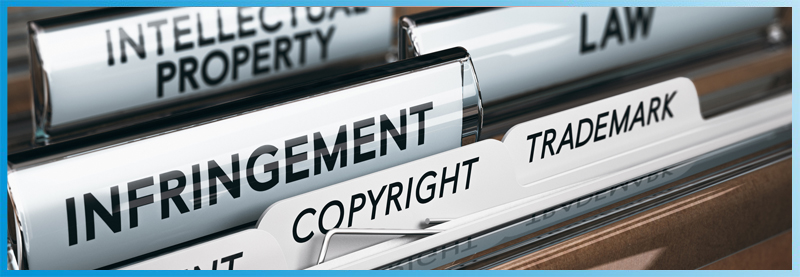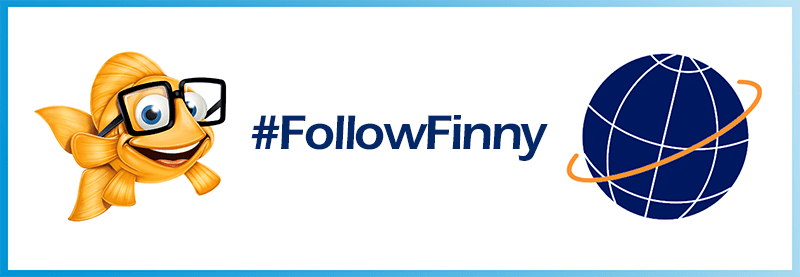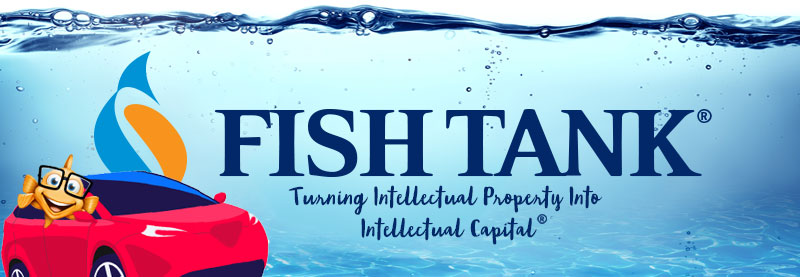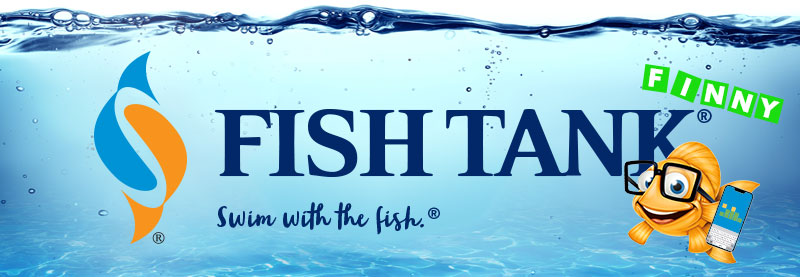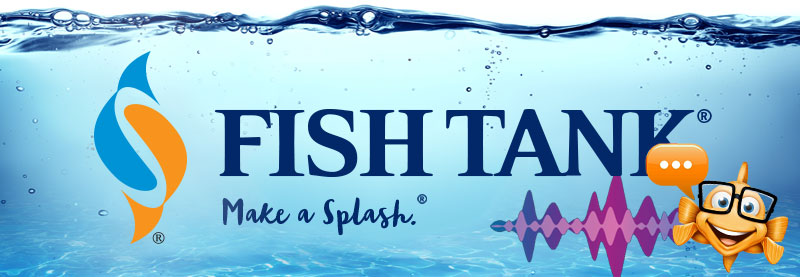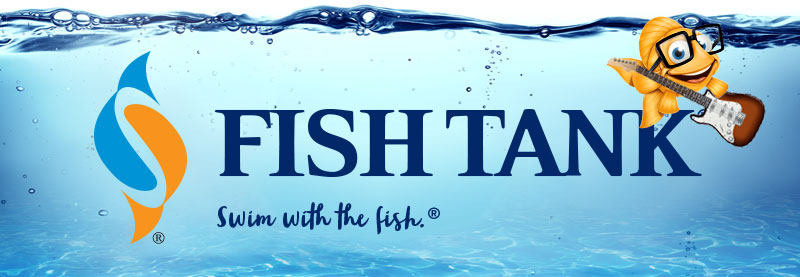Intellectual Property Insights from Fishman Stewart PLLC
Newsletter – Volume 22, Issue 15
Share on Social
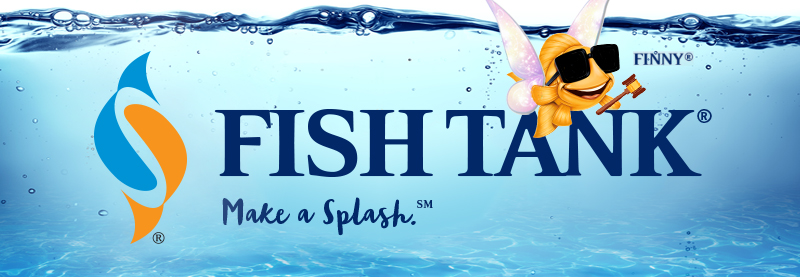
Paris Hilton Heads to Copyright Small Claims Court
In June 2022, the newly created Copyright Claims Board (“CCB”) began hearing cases. The CCB is a small claims court run by the Copyright Office and it has seen quite a bit of action in the first few weeks since it opened with over fifty cases already filed.
One of the cases recently filed with the CCB has gained attention due to the celebrity status of one of the parties involved. The claimant Angela Jarman filed an action against Paris Hilton’s company 11:11 Digital for $12,000 in damages for copyright infringement. Jarman claims that she designed digital renderings of fairy wings, and that Hilton used those digital files without permission when Hilton posted images of herself wearing the wings on Instagram. Jarman’s online posting showing Hilton’s use of the subject fairy wings can be seen here.
Generally, federal courts have exclusive jurisdiction over copyright cases. Often, this presents an insurmountable paywall for individual artists and small businesses to vindicate their rights, especially where the value of the individual copyrighted works are relatively low. Many attorneys decline to take on cases where the cost of litigation outweighs any potential recovery. The CCB is aimed, in part, to remedy this issue.
The CCB hears three types of cases:
- Infringement cases filed by copyright owners;
- Declarations of non-infringement filed by those accused of copyright infringement; and
- Challenges to online takedown notices filed by copyright owners and counter-notices filed by alleged infringers under the Digital Millennium Copyright Act.
Unlike other small-claims courts where the parties must represent themselves, the CCB allows the parties to represent themselves or be represented by an attorney. The process is an optional alternative to Federal District Court action, and defendants in CCB small-claims proceedings can choose to opt out and have their day in court instead. However, there are some incentives for defendants to remain in CCB proceedings, including a lower cap on damages.
We will wait and see if 11:11 Digital decides to opt out of CCB proceedings. In that case, Jarman will have to pursue her case in federal court. In the meantime, we will keep you updated with any other developments and cases of interest.
Kristyn C. Webb is an associate attorney at Fishman Stewart and works in the firm’s trademark, copyright, and litigation practice groups. She is currently seeking a post graduate law degree in UK, EU, and US Copyright Law at King’s College London. Check out her full bio here.
Published July 22, 2022

Finny continues his adventures around the world!
Finny is now on Instagram! His account is @followfinny.
Sir Finnegan, known as “Finny” to his school of family and friends, is taking a trip to explore the diversity of intellectual property all around the world. If you see Finny on his journey, please take a picture of Finny and post it on social media with the hashtag #FollowFinny so we can track his progress. A plush toy of Finny is available to take home HERE.
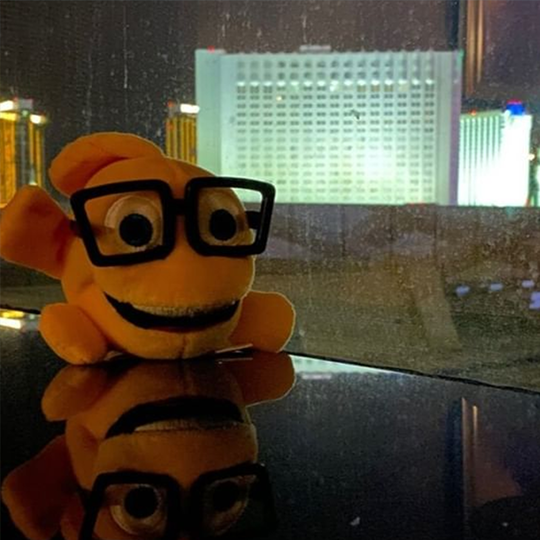

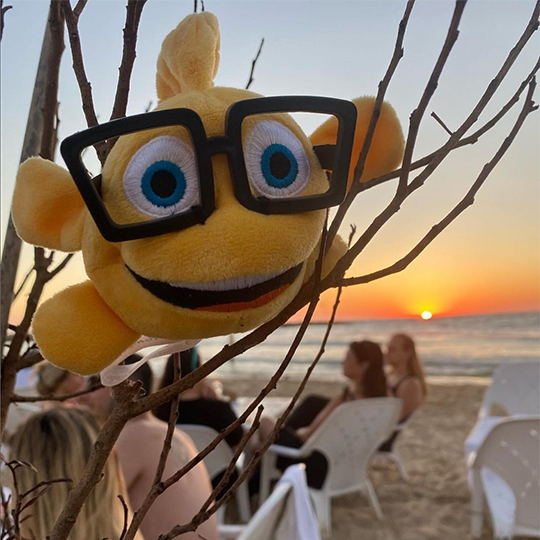
Related Content from Fishman Stewart
Car enthusiasts are buzzing about Alfa Romeo's latest SUV which is also its first EV (plus a hybrid option). Initially branded as “Milano,” the name was changed to "Junior" after it was announced that the car would be produced in Poland.
The online word game Wordle was created in 2021 by Josh Wardle and quickly rose in popularity. Players receive a new puzzle daily with six chances to correctly guess a five-letter word of the day with limited clues.
In a recent decision, the U.S. Court of Appeal for the Eighth Circuit affirmed a jury verdict holding that the use of the "Success Kid" meme by a congressman's reelection campaign for fundraising purposes did not qualify as fair use.
In February 2024, proposed legislation was introduced in US House of Representatives which would extend copyright protection to golf courses. The bill is titled “Bolstering Intellectual Rights against Digital Infringement Enhancement Act” or the “BIRDIE Act”.
OpenAI recently held a live demonstration of a new ChatGPT version that included the use of an AI personal assistant voice dubbed “Sky.” Many observers compared Sky to Scarlett Johansson’s voice in the 2013 Spike Jonze romantic sci-fi film “Her,” which centers on a man who falls in love with the female voice of his computer’s operating system.
June is Pride Month, which honors the 1969 Stonewall Uprising in Manhattan and recognizes the impact that lesbian, gay, bisexual, and transgender (LGBTQ+) individuals have had on history locally, nationally, and internationally. The United States Patent and Trademark Office flies the Pride Flag and promotes the Pride community’s contributions with programming offered annually.
First-time inventions have led inventors to great successes throughout history, sometimes immediately, sometimes after several more attempts at more useful inventions. In the U.S., two very famous inventors with contrasting first-time experiences are Thomas Edison and Alexander Graham Bell.
June is Pride Month. This year we are celebrating with some IP tips for drag performers! Drag performers can protect their intellectual property by registering the copyrights in their original works of music, choreography, and comedy sketches.
Bands often start out as creative endeavors among friends, and bands may not prove lucrative for many years, if at all. Until bands break up, thought and planning may not be given to who is the owner of the band names and entitled to use them going forward.
You’re rarely more than a few yards from Finny’s favorite chips, semiconductor chips to be precise. But what exactly is a semiconductor chip?
IDENTIFYING, SECURING AND ADVANCING CREATIVITY®


